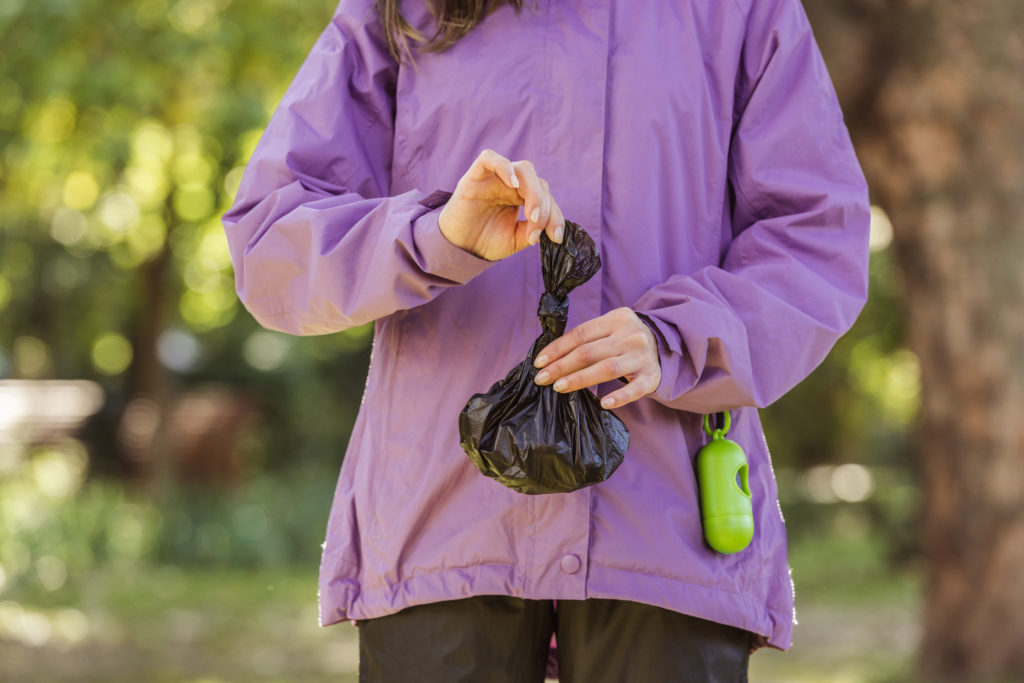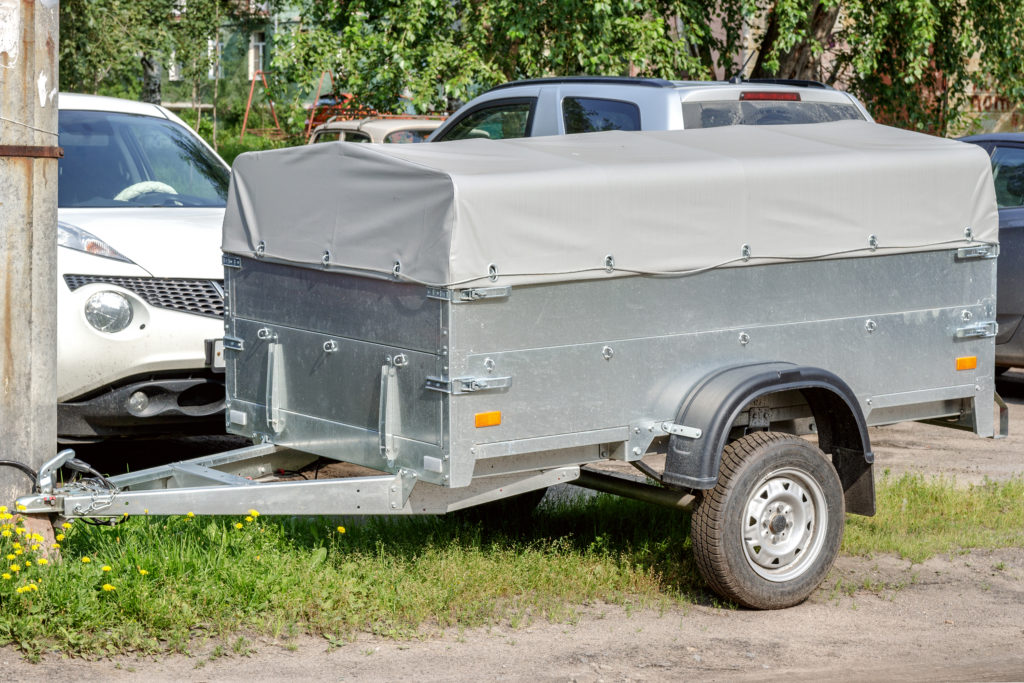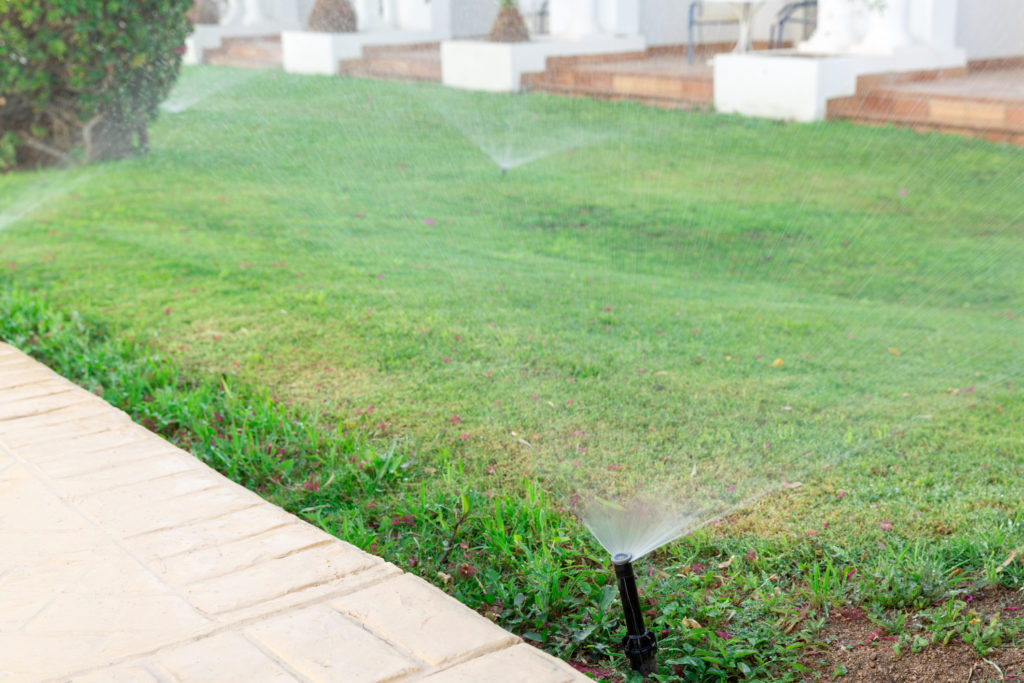Moving Day: The Stormwater-Safe Way
July 22, 2019

Many people move into new homes in the summer. If you are gearing up for a move, or helping a friend with theirs, reference the following tips for preventing runoff pollution during the moving process.
Before You Move
As you are getting ready to move, the first steps are often cleaning your home and purging unwanted items. Here are a few cleaning reminders as you are preparing your old home for the move to ensure you are preventing pollution and giving the new residents a clean, fresh start.
- Clean up your pet’s waste: As you clean and get ready for your move don’t forget to pick up your pet’s waste. Just one gram of dog waste can contain 23 million fecal coliform bacteria. By picking up dog waste you help prevent that bacteria from reaching our waterways and our beaches.
- Dispose of your E-Waste: E-waste is any electronic item that is no longer working or in use. Instead of hauling your e-waste to your new home, consider recycling or donating it at an e-waste collection center or dispose of it at one of Orange County’s four Household Hazardous Waste Collection Centers (HHWCC). E-waste is considered hazardous and when not properly disposed of, can leak toxic chemicals into our ground water.
- Dispose of your Household Hazardous Waste: Household hazardous waste is any product that can be toxic, corrosive, or even explode under the certain circumstances. Items like paint, cleaning products, and used engine oil can release toxic chemicals into our waterways if they are not properly disposed of.

While You Move
As you are moving and grooving, don’t forget that HOW you move makes a big difference for our waterways.
- Use a tarp: Proper use of a tarp makes sure nothing flies out of truck and trailer beds. This also ensures none of your items end up in our waterways.
- Make fewer car trips: Instead of moving to your new home little by little, try packing everything you can into each car trip. Brake dust contains heavy metals that build up on our roadways and eventually get washed into our waterways.
- Break down all your moving boxes: Moving makes a lot of waste. Please break down all moving boxes to ensure your recycling and trash bins can close. Keeping your bins closed ensures the wind won’t blow items away and into the storm drains.

New Home Opportunities
Congratulations! You have moved into your new home! With a new home comes new opportunities. Take the following actions into consideration as you set up your new residence.
- Set your sprinkler timing schedule to match the season: Runoff can gather pollutants, so setting your timers in accordance with the seasons can help avoid any excess watering. Learn more about seasonal watering here.
- Improve your home with water quality in mind: Whether the project is general construction or erosion control, check out our Home Repair and Improvements flyer for more information on how to keep all your home improvement projects safe for our waterways.
- Use water-safe painting methods: Paint cans, brushes, or other paint supplies should only be washed in areas that do not drain to the street or storm drains. Paints contain pollutants that go straight into our creeks, streams, and to the ocean if not disposed of properly. To dispose of paint properly take it to your local HHWCC or to your local paint store. Local paint stores are required to accept used or old paint waste. Read more about paint disposal here.
- Maintain your new septic tank: Does your new home have a septic tank? Its important to inspect your septic tank yearly. Yearly inspections keep your septic tank in top shape and can avoid harmful pollutants from seeping into our waterways. Read our Maintaining Your Septic Tank flyer for more information.
